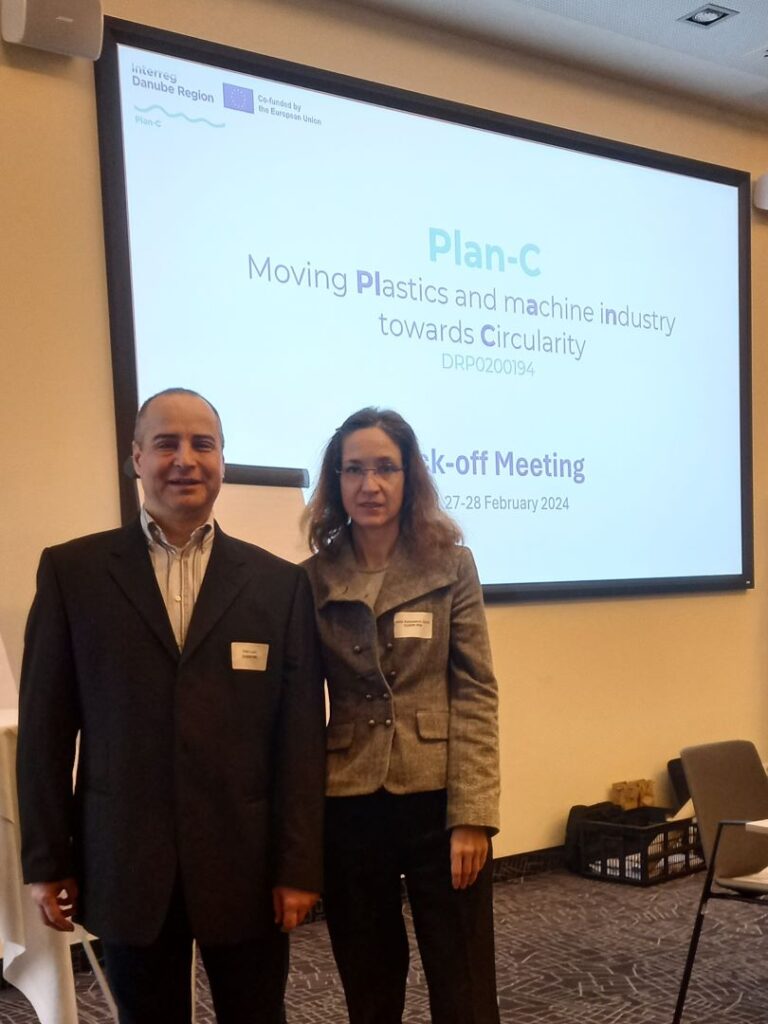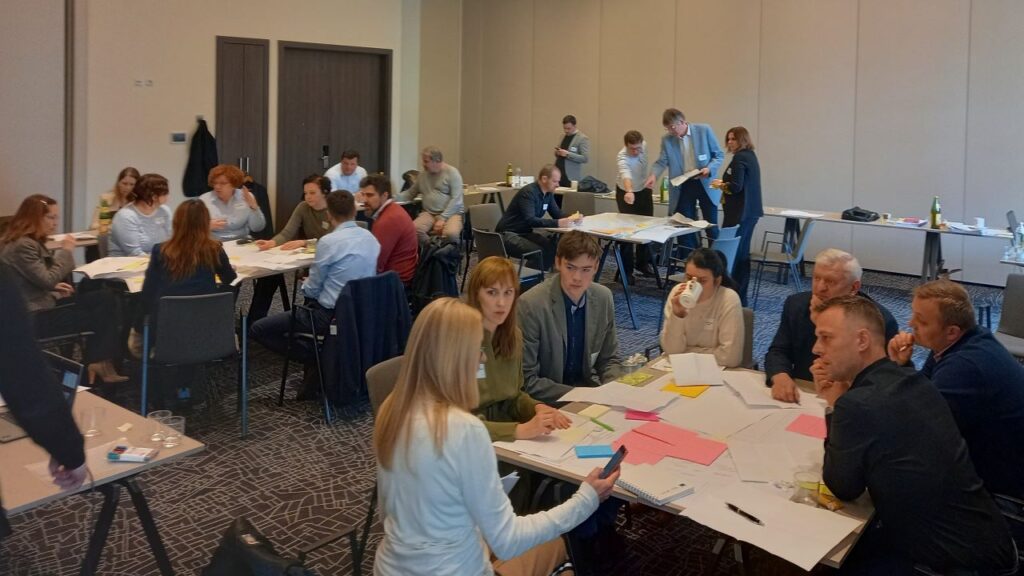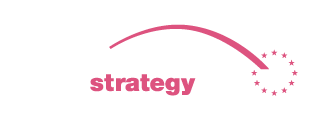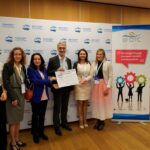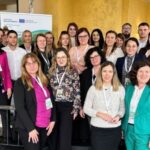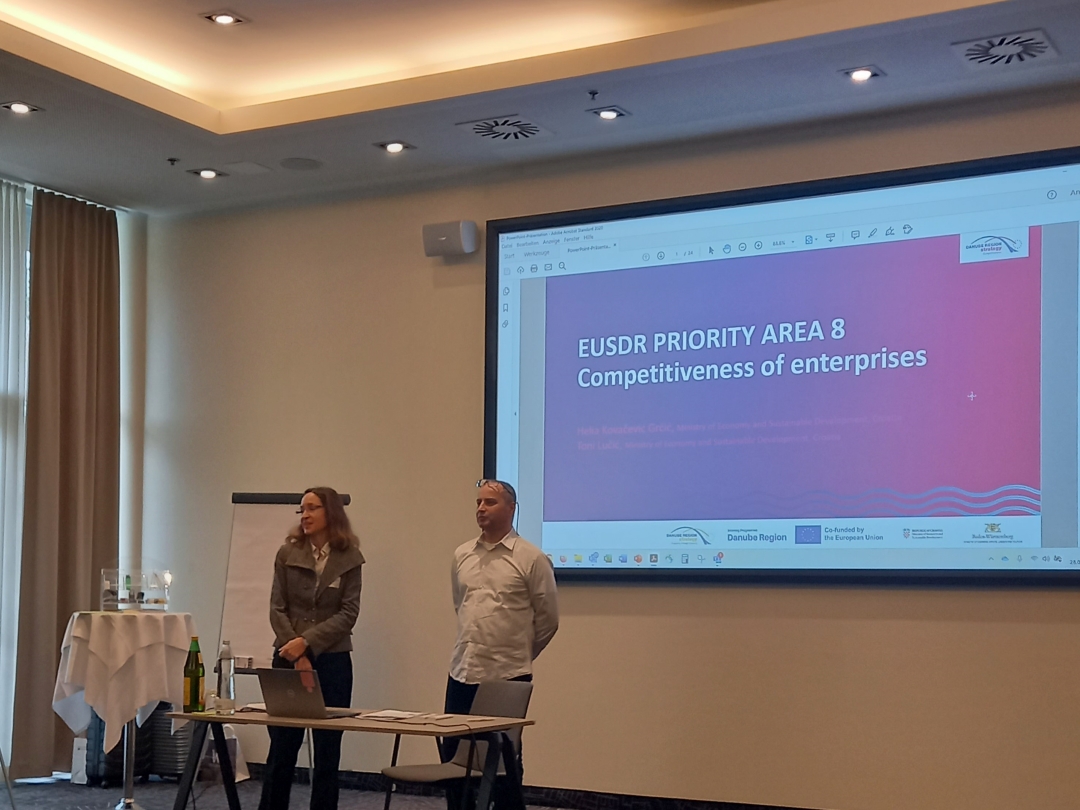In organization of the Business Upper Austria (Biz-Up), Lead Partner of the Interreg DRP project “Moving Plastics and machine industry towards Circularity (Plan-C)”, a Kick-off Meeting was held on February 27th and 28th, 2024 in Linz, Austria.
The Plan-C project consortium of 14 partners from DE, AT, CZ, SK, HU, RS, BiH, RO, and MD aims to boost the transformation of the plastics value chain in the Danube Region towards circularity through the transnational cooperation of plastics processors/producers and the machine industry. Close cooperation among partners across the Danube Region aims to introduce a fundamental change in the complex plastics value chain.
The scope and activities of the project contribute to enhancing innovation and technology transfer in the Danube region and are aligned with two actions of the Priority Area 8
- Action 1: To foster cooperation and exchange of knowledge between SMEs, creative industry, academia, the public sector and civil society in areas of competence in the Danube Region
- Action 3: To improve framework condition, support programs and capacity building of stakeholders, to enhance the collaboration between cluster initiatives and regional innovation strategies, with an accent on rural areas
At the event, the project partners presented their roles and project contributions in work packages. Croatian representatives of the PA8 Coordination Team, Helia Kovačević Grčić and Toni Lučić, presented the governance structure of the EUDSR, Priority Area 8 with the focus of strengthening the competitiveness of enterprises, the activities of Steering Groups and Working Groups, out of which the Plan-C is directly aligned with the aims and targets of the WG Circular Bioeconomy. In addition, the presentation included the information about many events organised by the PA8 on the topics of plastics processing, the role of bioeconomy clusters, resolving problems of plastic waste, extending life-cycle of materials and products, disposal and treatment of bioplastics.
Afterwards, the participants were involved in an interactive Design Thinking Activity, divided in three groups, where they learned on the phases of reaching the final solution, starting from recognition and analysis of the problem to optimizing the solution and creating a prototype of a custom-made circular product adapted to individuals.
